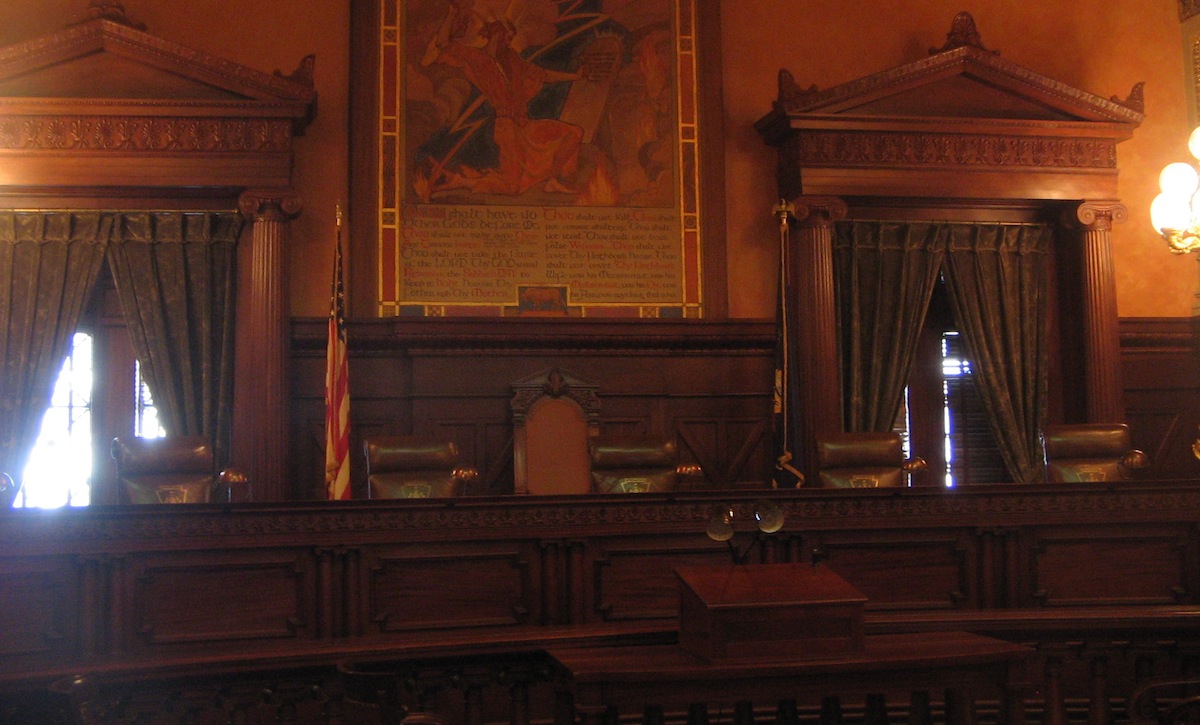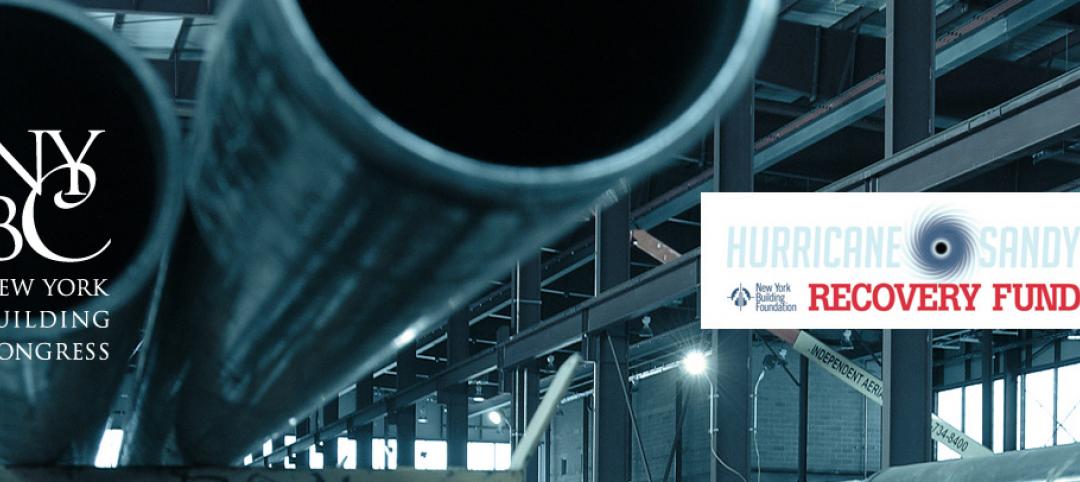A recent ruling by the Pennsylvania Supreme Court puts limits on a state law meant to ensure that contractors and subcontractors receive prompt payment for their work.
The court ruled that the state’s Contractor and Subcontractor Payment Act (CASPA) does not apply to construction projects where the owner is a governmental entity. The case, Clipper Pipe & Service, Inc. v. Ohio Casualty Insurance Co., pertained to the construction of an addition and renovations to the Navy/Marine Corps Reserve Training Center in the Lehigh Valley.
The contractor, Contracting Systems, Inc., failed to pay a subcontractor, Clipper Pipe & Service for performance of mechanical and HVAC work, according to JD Supra Business Advisor. Clipper sued CSI and its surety, asserting claims for breach of contract and violation of CASPA. The claim likely would have allowed it to recover its attorneys’ fees and possibly a statutory penalty if the court had ruled in the subcontractor’s favor.
On public projects, contractors working in Pennsylvania must rely on the Prompt Pay Act (“PPA”), which governs the payment obligations and rights of contractors and subcontractors on public projects. That statute, however, differs from CASPA with different timing provisions for payment, a different rate of interest, and a different burden of proof associated with penalty and attorneys’ fees provisions. Notably, it is also more difficult for a party to recover attorneys’ fees and penalties under the PPA than under CASPA.
Related Stories
| Jan 8, 2013
Congress passes Drywall Safety Act
Congress recently passed the Drywall Safety Act; President Barack Obama is expected to sign it soon.
| Jan 4, 2013
AGC economist says "fiscal cliff" deal will give construction a boost
The deal in Congress to avoid going over the so-called fiscal cliff "should encourage many businesses to go ahead with projects they have held in reserve," said Ken Simonson, chief economist of the Associated General Contractors of America.
| Dec 27, 2012
New York City law tracking building energy use yields surprises
A legally mandated report that tracks the energy use of New York City's largest buildings provides details about which buildings are achieving higher-than-expected energy efficiency, such as the Chrysler and Empire State buildings, as well as those that are performing poorly.
| Dec 27, 2012
New Jersey considers green roof mandate for state buildings
The New Jersey legislature is considering a bill that would require installation of green or blue roofs on state buildings that are at least 15,000 sf.
| Dec 13, 2012
So-called fiscal cliff is already affecting construction jobs, AGC finds
In November, the construction industry shed 20,000 jobs and its unemployment rate reached 12.2%, according to an analysis by the Associated General Contractors of America.
| Dec 13, 2012
New York City poised to enact recycling mandate for multi-family dwellings
New York City lags behind other large cities in recycling with only 15% of residential trash being recycled. A new bill passed by the City Council aims to improve the rate by changing how new apartment buildings are constructed.
| Nov 29, 2012
New York contractors say they will pay tax despite a court ruling that the tax is unconstitutional
The New York Building Congress says it will voluntarily pay a tax declared unconstitutional by the courts because, it says, the money is vital to maintaining the city’s transportation infrastructure.
| Nov 26, 2012
Minnesota law to spur development, job creation produced few jobs
Legislation that allowed local governments to direct excess property tax dollars from tax-increment financing districts into other private developments was supposed to kick-start construction hiring in Minnesota.
| Nov 16, 2012
Voters approve fewer construction ballot measures in 2012 than in 2008
Voters passed fewer ballot measures related to construction projects this year than they did in 2008, according to an analysis by the Associated General Contractors of America.















